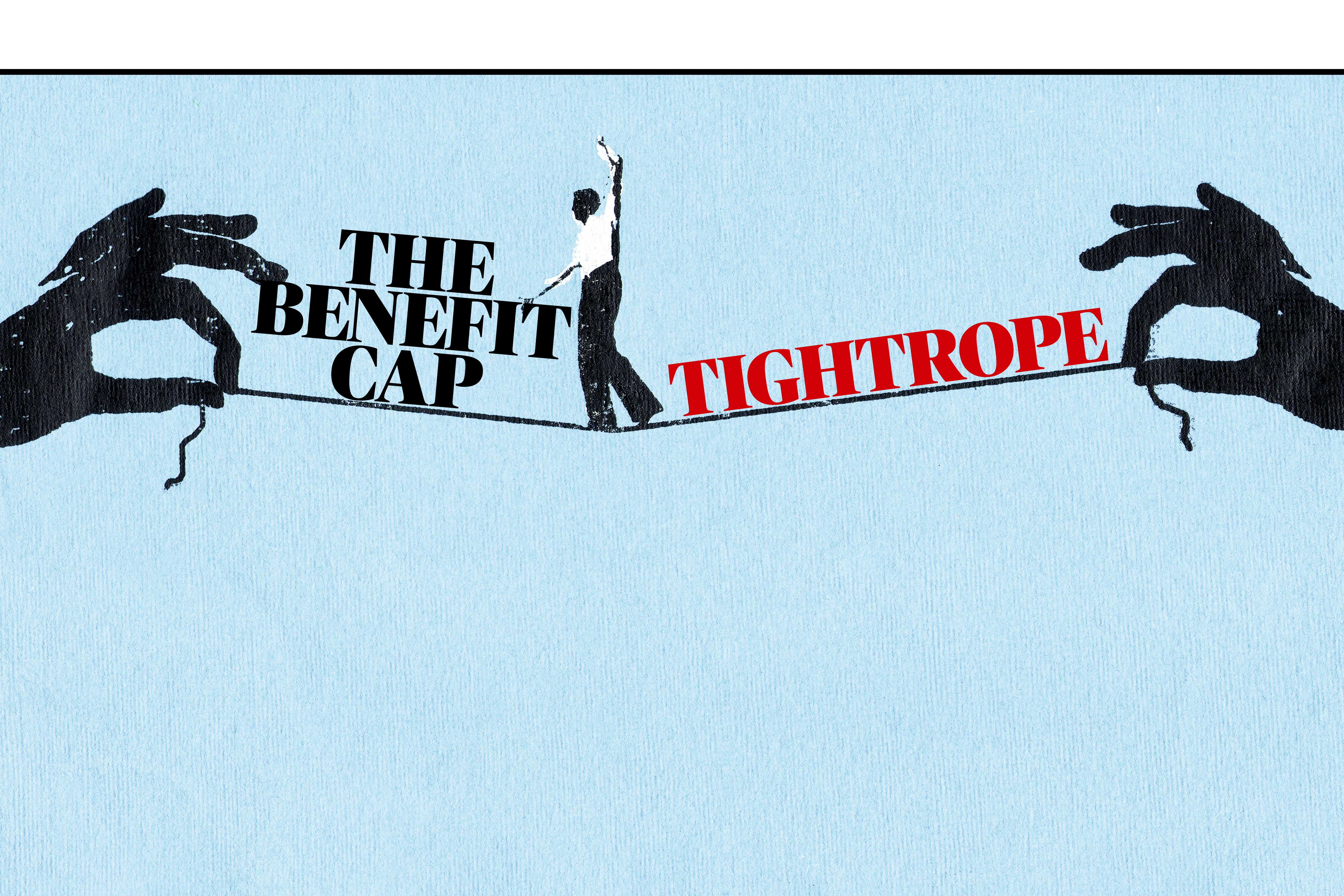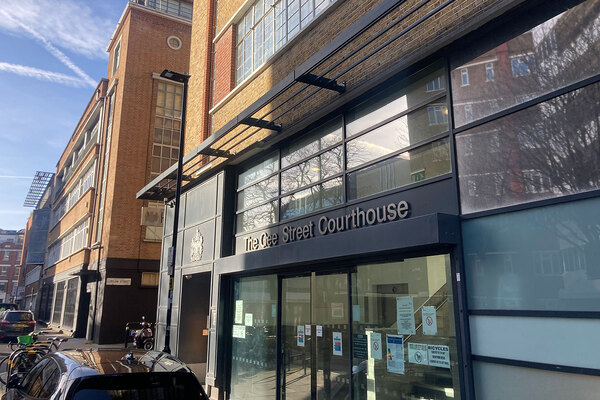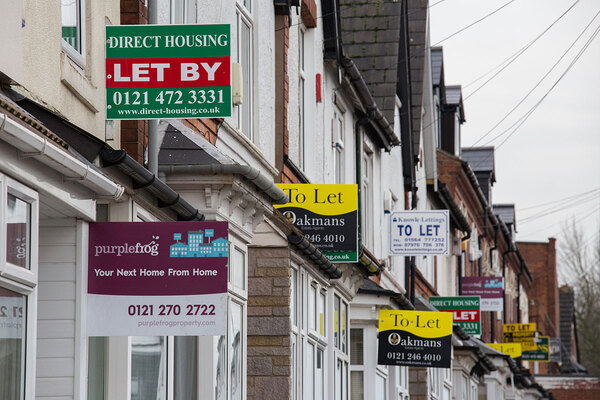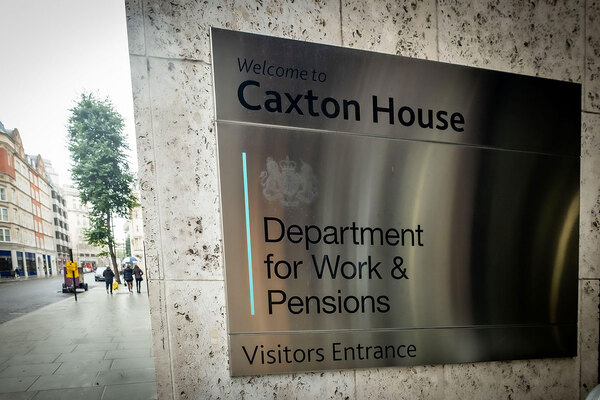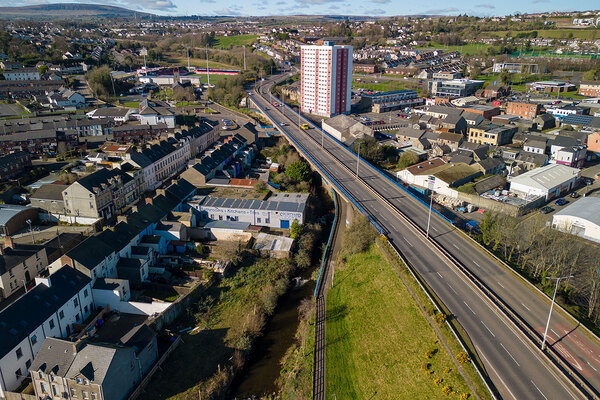You are viewing 1 of your 1 free articles
The lower benefit cap is still wrecking lives one year on
Ministers reduced the total any family can claim in benefits a year ago today. It was unfair then and it is unfair now, says Melanie Rees
The first birthday of the lower benefit cap is certainly not one to celebrate. Today marks exactly a year since the government introduced the cap, which cut the total amount any family can receive in benefits from £26,000 across the UK to £23,000 in London and £20,000 outside of the capital.
“The first birthday of the lower benefit cap is certainly not one to celebrate.”
We opposed the policy back then and having seen significant evidence of its impact, we still do. We spoke to 18 families affected by the cap in our latest research and the results were predictable but nonetheless extremely worrying.
Half said they had gone without food, fuel or were otherwise in debt as a result and a third said they had been forced to use food banks.
This is no surprise when nearly a third of the 68,000 capped families are losing between £50 and £100 a week – a huge amount for families which are already struggling.
The stress and concern of the families we spoke to was very clear – one mother with a young baby, whose housing benefit has been reduced to just 50p as a result of the cap, said she was being propped up by a discretionary housing payment and lived in constant fear she would “lose everything” and be made homeless.
Another mother told us “I feel like I’m failing my kids” after she revealed she struggles to pay for clothes and activities for them and the panic she feels in the run-up to their birthdays.
It’s shameful that so many families are finding themselves in this position.
“The majority of families hit by the cap have two or three children.”
If the hardship the lower cap is causing and the extent to which it risks seriously undermining the government’s attempts to make housing in the UK more affordable is not enough of a reason to scrap it, then the fact the policy is no longer fulfilling its stated aim should be.
When the original cap was first proposed in the coalition government’s October 2010 spending review, the justification focused on ‘fairness’ and whether it was reasonable for the unusually high costs of living incurred by some particularly large families to be met by the public purse.
It was argued that it was unfair that households who were not working were being supported to live in expensive areas, which many working families would not be able to afford.
The government’s latest figures show that the majority of families hit by the cap have two or three children and many of the families capped are in receipt of benefits which recognise they are not able to work.
In fact half of the families affected are on income support and 15% are on Employment and Support Allowance. Meanwhile some 71% of the families capped are lone parent families with at least one child under five.
The government has made a number of commitments in recent weeks to build new homes and take other crucial steps to solve our housing crisis, but this is an example of a welfare policy which seriously undermines that commitment because it makes housing virtually unaffordable to a significant number of people.
Many of the families affected cannot simply move to a low-cost area – they already live in one, and without discretionary housing payments would have no viable housing options at all.
“Its abiding legacy appears to be to push people further into poverty and put them at risk of homelessness.”
It is impossible to argue that the lower benefit cap is restoring fairness to the welfare system – a year on, its abiding legacy appears to push people further into poverty and put them at risk of homelessness.
The government should use the budget to scrap the lower cap and restore the rights of thousands of families to get the help they need with their housing costs.
Melanie Rees, head of policy, Chartered Institute of Housing



